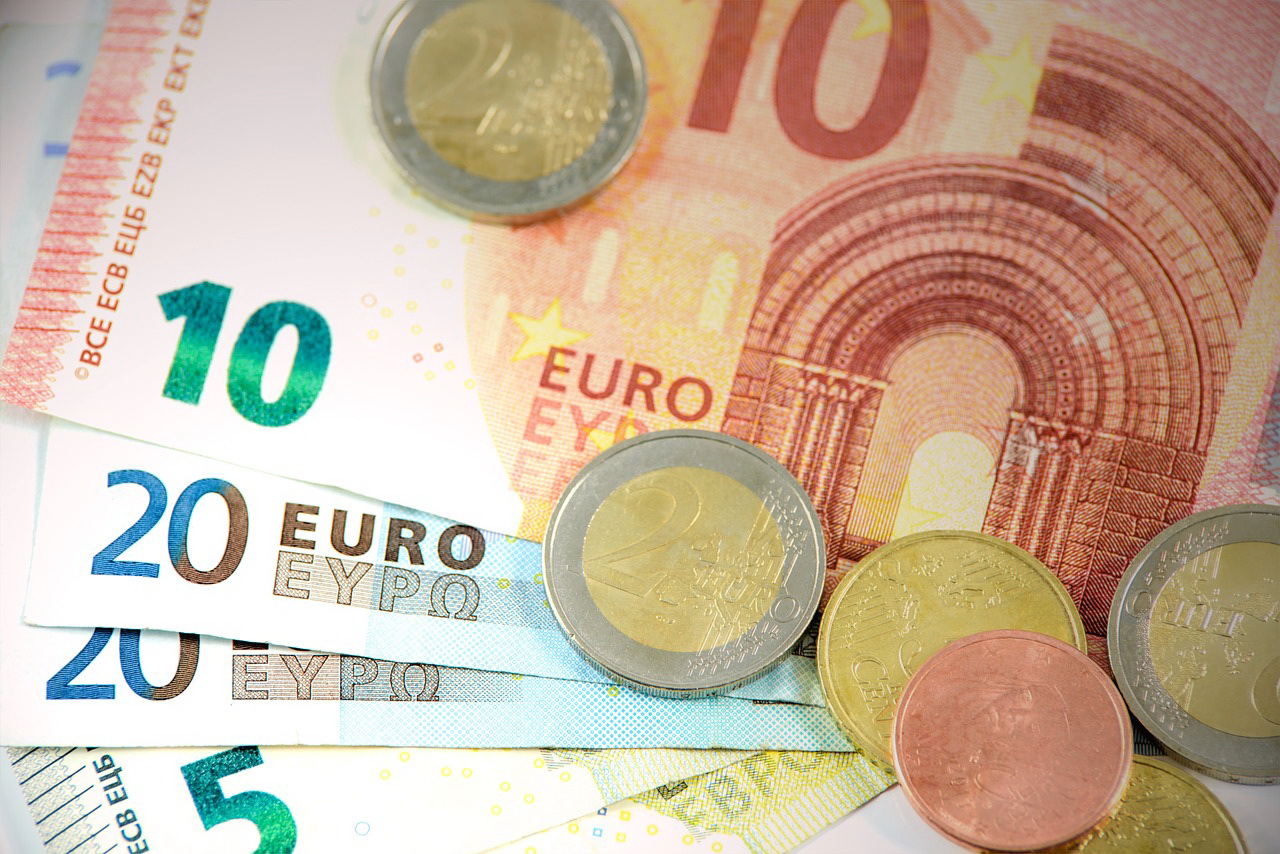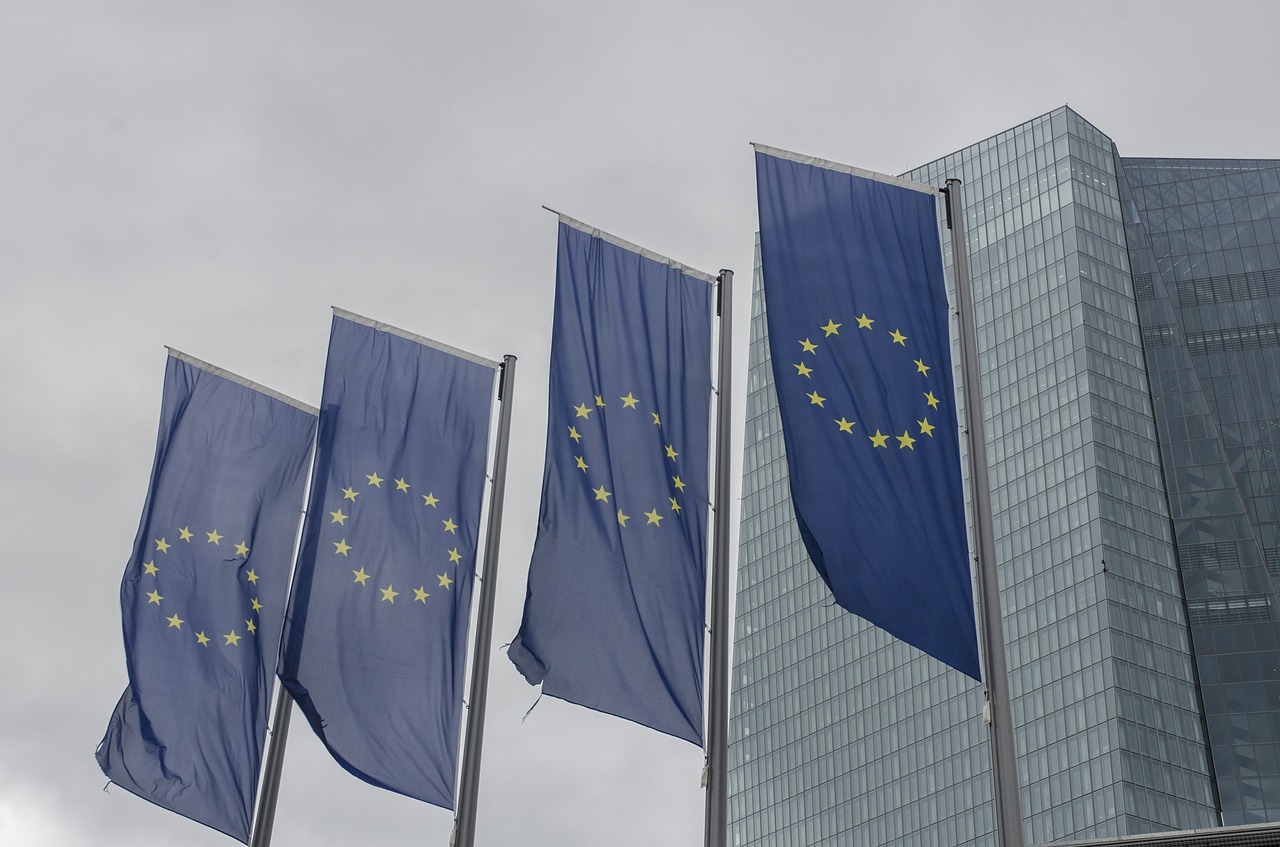POLITHEOR
European Policy Network
Financial Policy and International Markets
- Home
- Financial Policy and International Markets

How GAFA can bully banks0
- Financial Policy and International Markets, Op-ed
- 27/02/2019
Facebook and Apple allow their users to exchange money with one another. Amazon grants loans to its sellers and is about to offer checking accounts to its younger users. Google Pay is the perfect online substitute for our analogical wallet. How long will it take before the GAFA (Google, Amazon, Facebook, Apple) enter the banking club officially? Should commercial banks feel threatened by the big tech companies?
READ MORE
What if central banks meddle with cryptocurrencies?0
- Financial Policy and International Markets, Op-ed
- 02/01/2019
Cryptocurrencies were set to disrupt and completely revolutionize the use and the very concept of money. Yet, 10 years on from the launch of Bitcoin — the pioneer among cryptocurrencies — cash is still alive and well, and the digital currency revolution is not in sight. The economic institution to revive the hype around digital currencies may be one above any suspicion: the central bank.
READ MORE
The shady side of shadow banking monitoring0
- Financial Policy and International Markets, Op-ed
- 28/10/2018
In the post-crisis scenario, monitoring the interconnectedness of traditional and shadow banks has been a major focus of international supervisors. Despite much improvement, the tools put in place to monitor shadow banking activities might not suffice to shed a proper light on the risks we are running.
READ MORE

EU VAT reform, hit or miss0
On the 4th of October 2017, the EU released its proposals for the change of the value added tax (VAT) rules, which included key reforms for cross-border trade between businesses in Member States. The initiative promised to decrease the EU VAT gap, in other words, the difference between expected VAT revenues and actual member state collections. While broad questions remain about the new system, the EU is convinced that the VAT fraud is to be reduced by 80% by 2022 thanks to the proposed reform.
READ MORE
Islamic finance: zero interest, high expectations1
- Financial Policy and International Markets, Op-ed
- 27/07/2018
All across the globe, Islamic finance is gaining momentum. Based on an interest-free paradigm, this budding industry for European financial markets is deemed a potential game-changer for financial stability.
READ MORE
The CMU initiative: Is a hard Brexit really an option?0
- Financial Policy and International Markets, Op-ed
- 11/04/2018
With Brexit approaching, the Capital Markets Union (CMU) initiative acquires greater importance for the EU financial system. Faced with the looming threat of losing its pivotal financial centre and the risks it will entail, the European Commission counts on the CMU to reinforce the EU financial market. At the same time, bilateral financial relationships are too close and intertwined to imagine that a hard Brexit will provoke no harm and negotiators, being aware of the risks, make their moves carefully.
READ MORE


